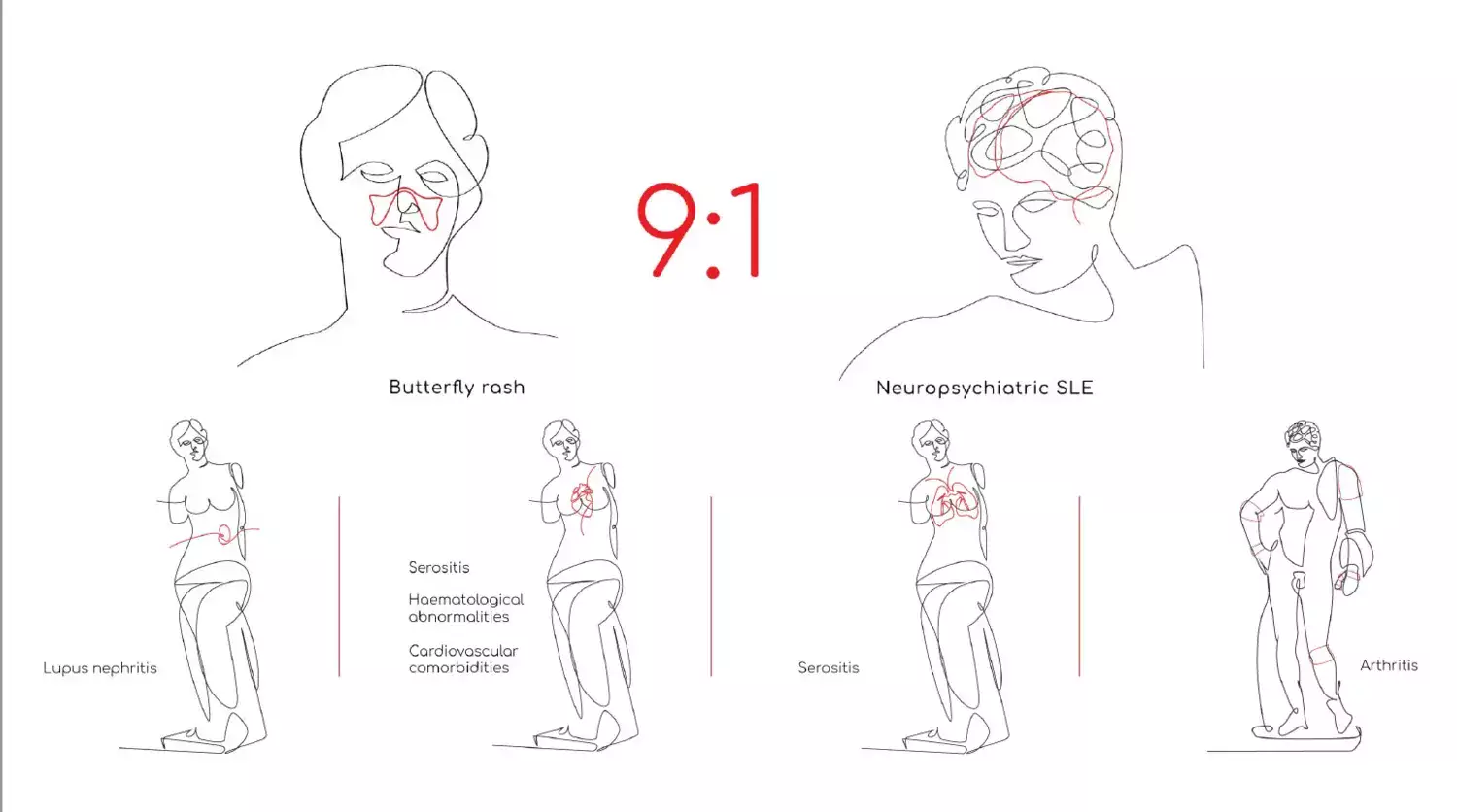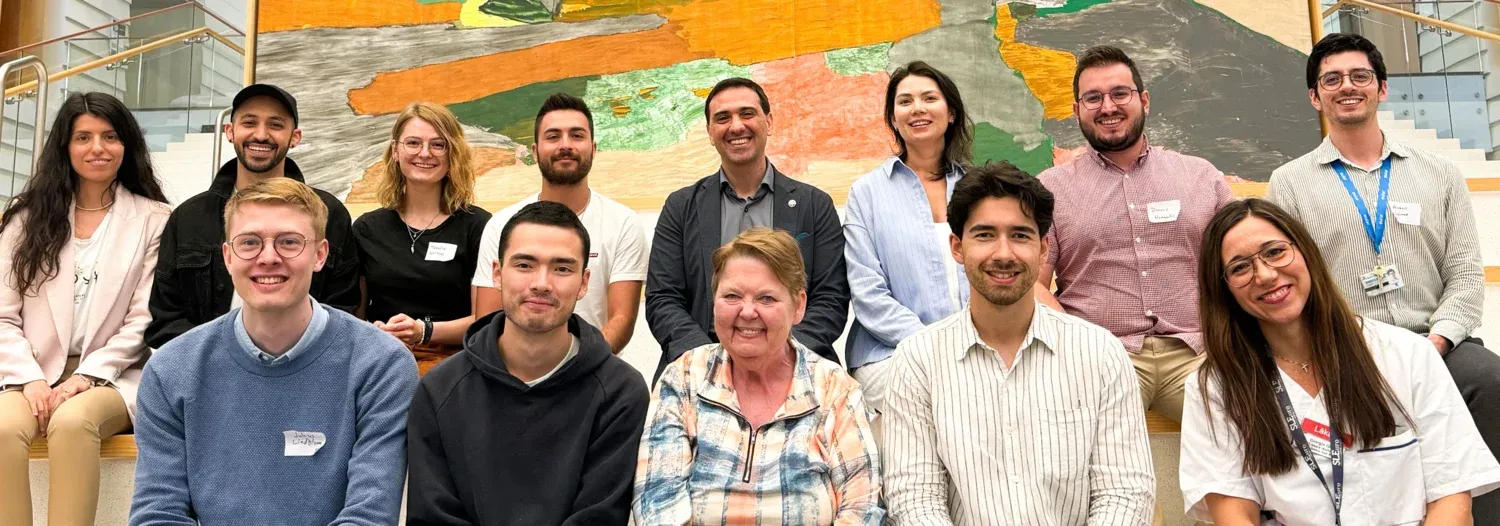Our research
Main focus: Precision medicine in autoimmune disease, with a particular focus on systemic lupus erythematosus (SLE) and its clinical manifestations.
Our goals: The overall goal of our research is to contribute to personalised management of people living with autoimmune disease, particularly SLE. Driven by the hypothesis that molecular patterns better inform treatment selection, we develop prediction models of treatment response and prognosis based on molecular patterns rather than clinical phenotypes.
Our research in brief: We study molecular phenotypes based on gene expression and protein levels in blood, urine, and tissues. We determine drug repurposing potentiality using systems biology and propose markers of disease activity, response to therapies, and prognosis, that are amenable to use in routine clinical practice. One of our objectives focuses on identification of peripheral markers in blood and urine that best mirror cellular and molecular profiling of kidney tissue from patients with lupus nephritis (LN).
Lupus in brief: SLE is a chronic, inflammatory, autoimmune disease that predominantly affects women of childbearing age. LN constitutes a severe, potentially life-threatening disease manifestation with still ill-defined pathogenesis, which affects 35–60% of patients with SLE.

Societal benefit: Our research is driven by simple but important aims. Findings from our projects are anticipated to have an unprecedented impact on the clinical care of patients with SLE and autoimmune diseases, contributing to improved quality of life and lower healthcare demand, including lower frequencies of hospitalisation. This in turn contributes to reduced healthcare costs, deceleration of organ damage accrual, and an overall decreased morbidity and mortality for patients with SLE.
Medical pedagogy: In a distinct research avenue, we examine the potential of virtual patients to enhance clinical reasoning skills within the realm of medical education using an innovative AI-embedded social robotic platform.

